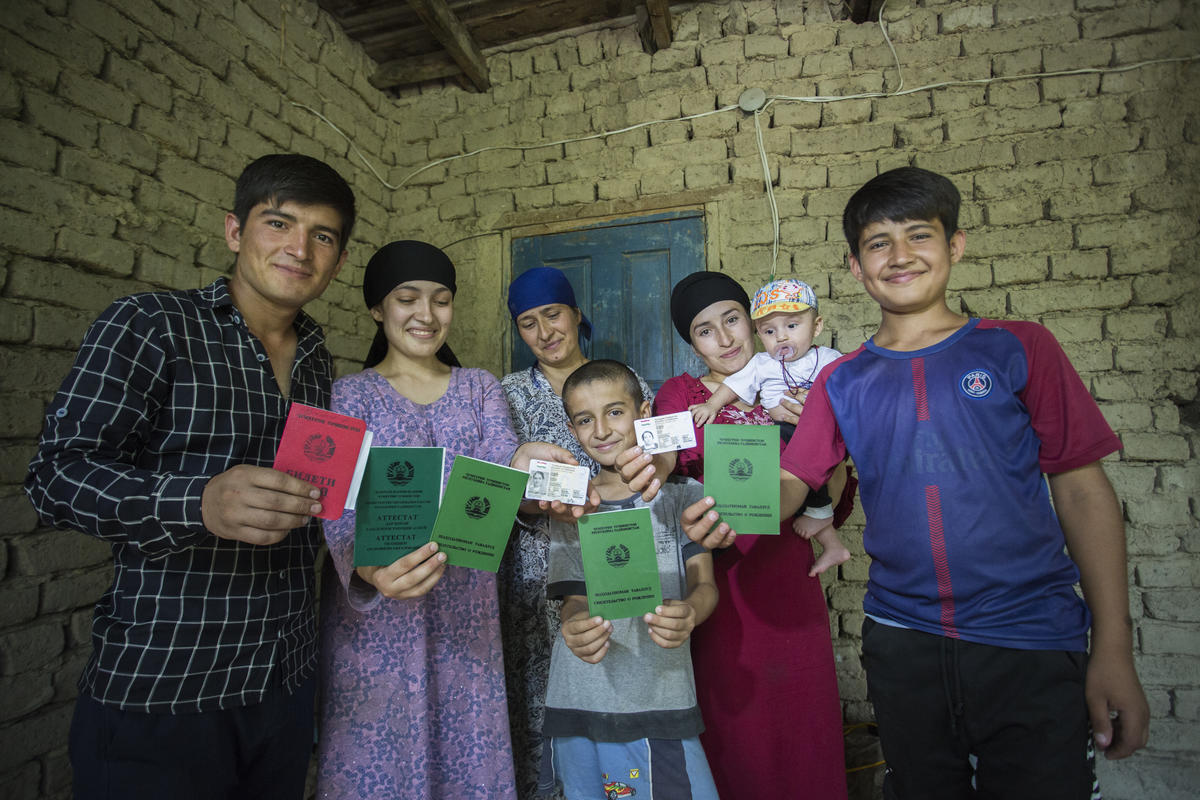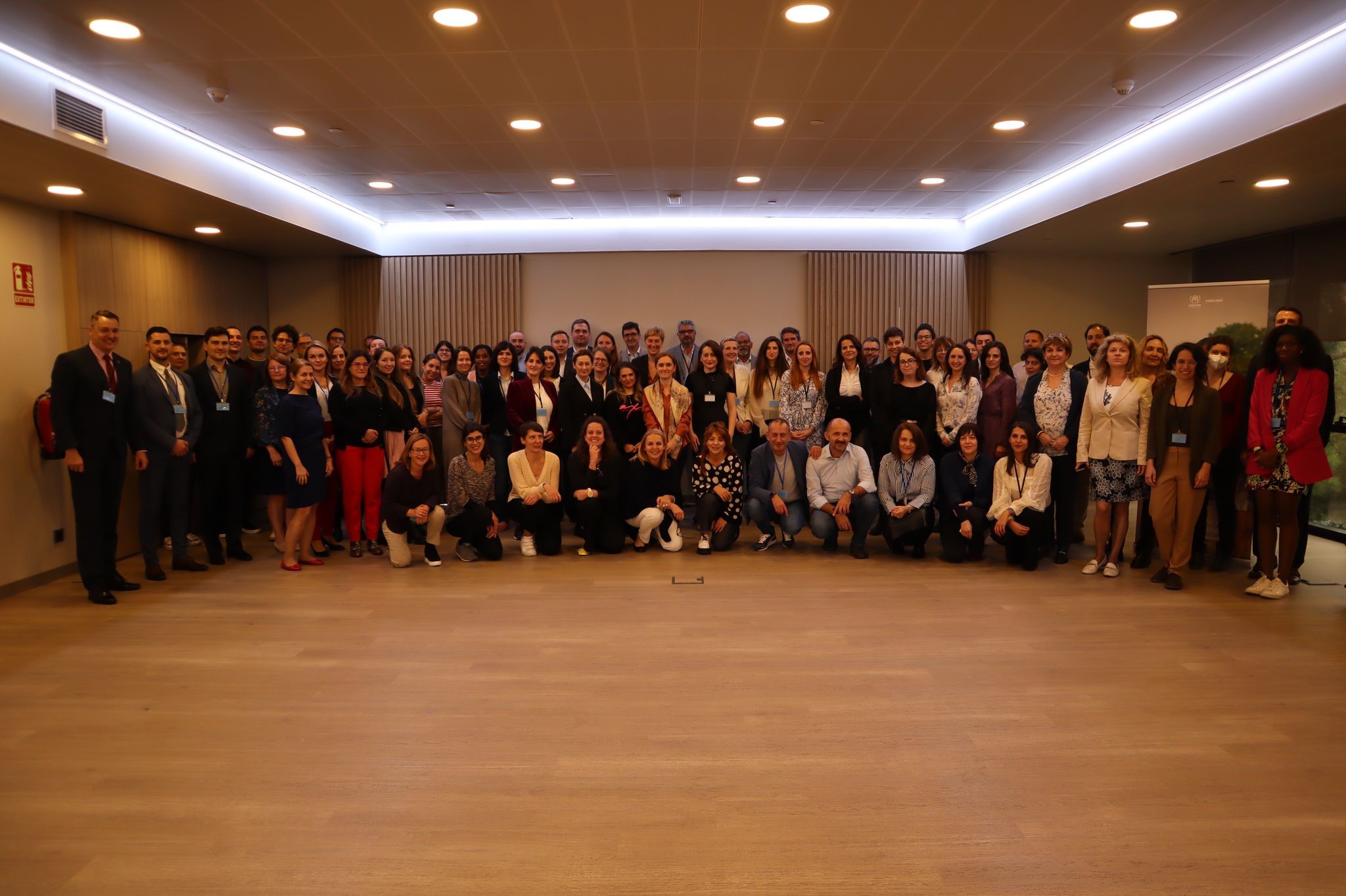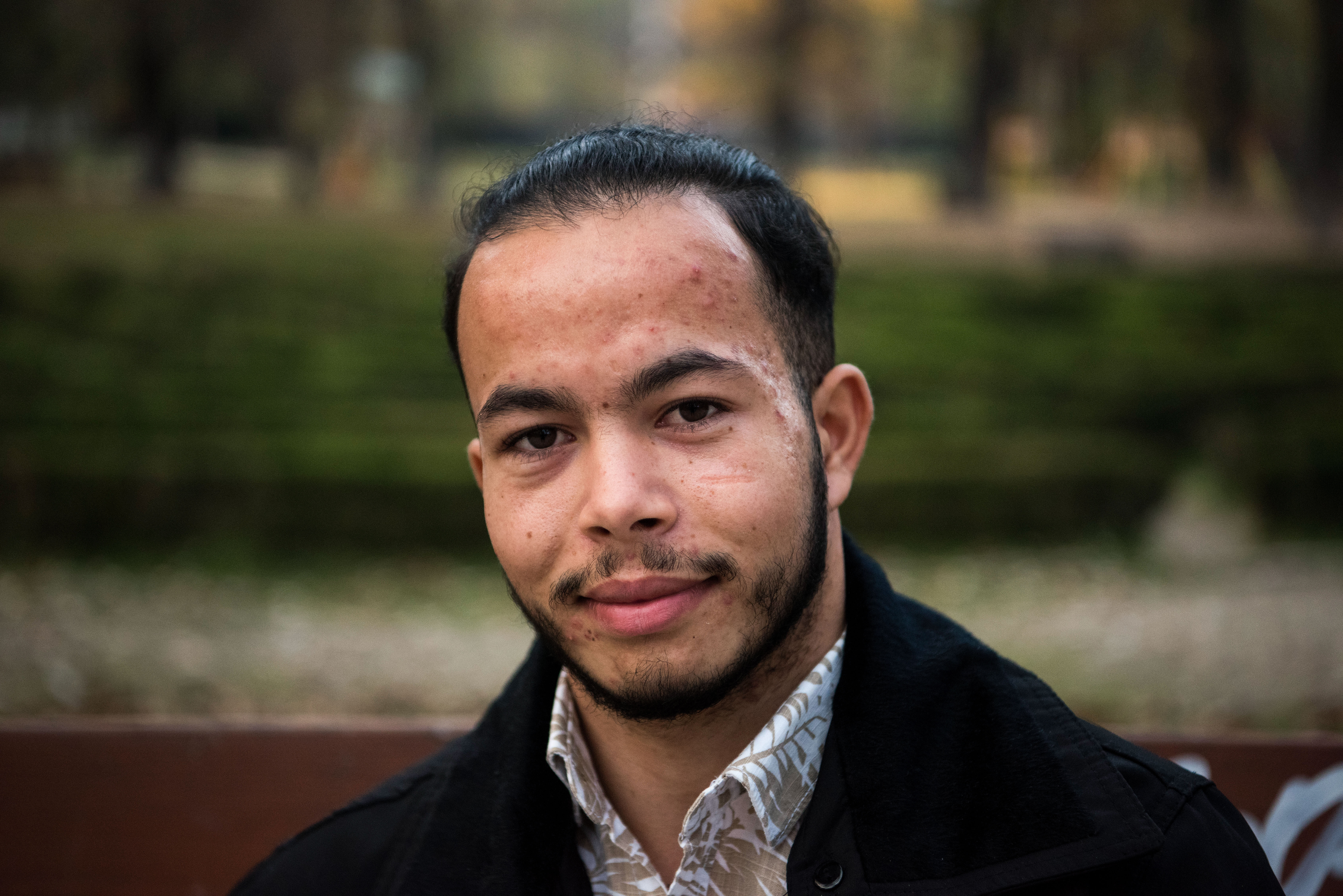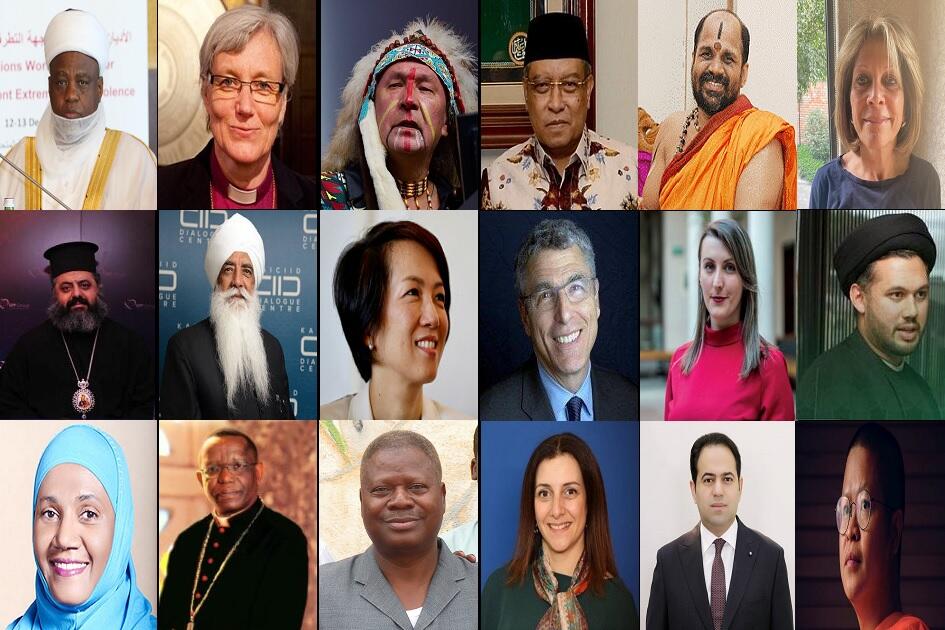UNHCR welcomes UAE decision on stateless people
UNHCR welcomes UAE decision on stateless people
UNHCR welcomes a decision by the United Arab Emirates (UAE) to resolve the situation of thousands of stateless people. Earlier this month, the Ministry of Interior announced the launch of a two-month campaign for the registration of the country's stateless population - referred to as the Bidoon - and the establishment of four registration centres in the emirates of Abu Dhabi, Dubai, Sharjah and Ajman. At the registration centres, applicants fill out detailed forms explaining why they should be granted the UAE nationality. The authorities will make a final decision about naturalization and granting citizenship after extensive scrutiny of the application. The registration centres will continue to accept applications for registration till the end of October.
We are encouraged to see the high level of interest among the stateless population as shown by the number of application forms distributed in the first day of registration and the media awareness campaign carried by the government of the UAE to encourage registration. We also welcome the statements of the country's leadership who have expressed UAE's commitment to resolve the problem of statelessness. UNHCR is keen to see a positive outcome for this process. We have recommended additional steps to address statelessness and encourage a process that meets international standards. We hope that a successful resolution of this issue in the UAE will encourage other countries in the region to follow suit in addressing the problem of statelessness.
There are thousands of stateless people living in different parts of the Middle East. When state boundaries were established and the Gulf states were formed, some countries used tribal affiliations rather than borders to determine citizenship. As a result, thousands of people were left out and ended up without the nationality of any state. Without nationality, stateless people in are often unable to travel or gain access to the full range of public services, including education, that are available to citizens. Children of stateless people are also born stateless.
In 2006, the government issued directives aimed at finding solutions for 10,000 registered stateless people, resulting in the naturalization of a first group of close to 1,300 people.








